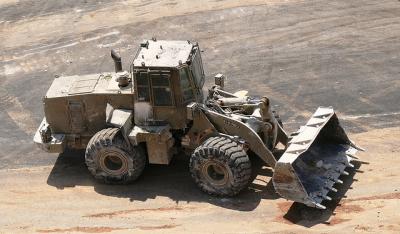
Rachel Corrie family: "black day for human rights"

There was no middle ground in reactions to the Haifa District Court ruling Aug. 28 rejecting a lawsuit brought by the parents of Rachel Corrie, a US Palestine solidarity activist crushed to death by an army bulldozer in the Gaza Strip in 2003. Israeli officials are welcoming the ruling as a long-due exoneration, while the Corrie family and their attorney denounced it as a "black day for human rights." Attorney Hussein Abu-Hussein said that the ruling showed that there was injustice across the Israeli legal system. At a press conference, he displayed photographs which had been presented in court, and which he said proved that the bulldozer operator must have seen Corrie. He also said the photos disproved the court's finding that the bulldozers were active, but not demolishing homes at the time of the incident. Hussein also argued that there was no basis for applying the "combatant activities" exception in the case, because there was no battle going on at the time of Rachel's death.
A military investigation into the incident cleared he Israel Defense Forces (IDF) of any wrongdoing in June 2003, but the Corrie family filed a civil lawsuit in a Haifa district court, seeking to overturn that finding and force the state to take responsibility for the death. The court began hearing arguments in March 2010. In his ruling, Judge Oded Gershon again absolved the military, endorsing the bulldozer operator's claim that he had not seen Corrie, a 23-year-old activist from Olympia, Wash., who was wearing a fluorescent vest. In a 62-page opinion, Gershon termed Corrie's death ''an accident she brought upon herself.'' He added that, contrary to witness accounts, the army was not engaged in an effort to bulldoze nearby Palestinian homes at the time. (Jerusalem Post, CSM, Aug. 28)
Efforts to win justice for Rachel Corrie have also occasioned a free speech struggle in the US and Canada.

